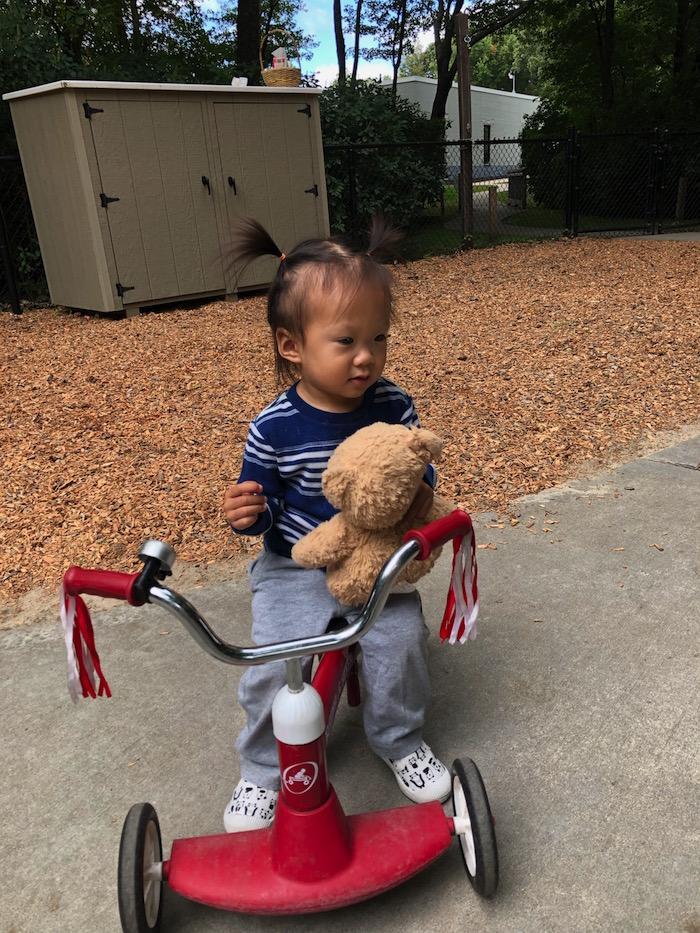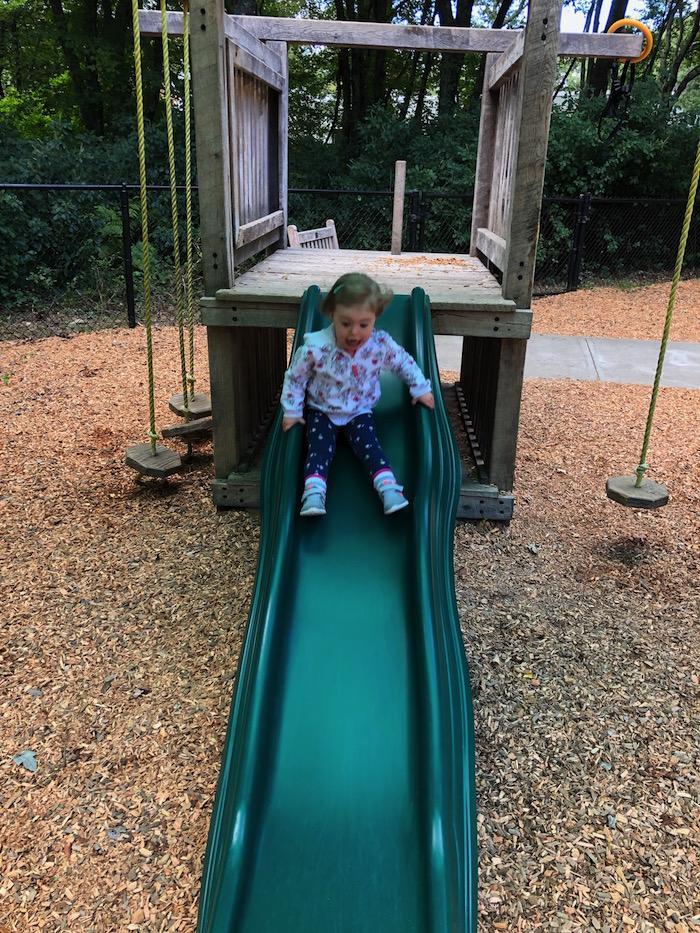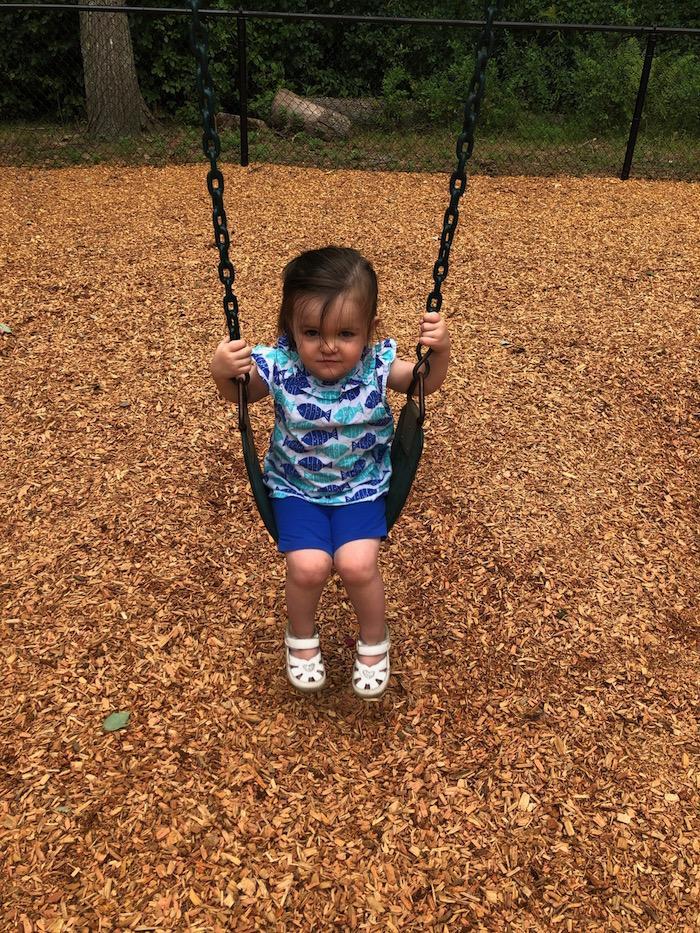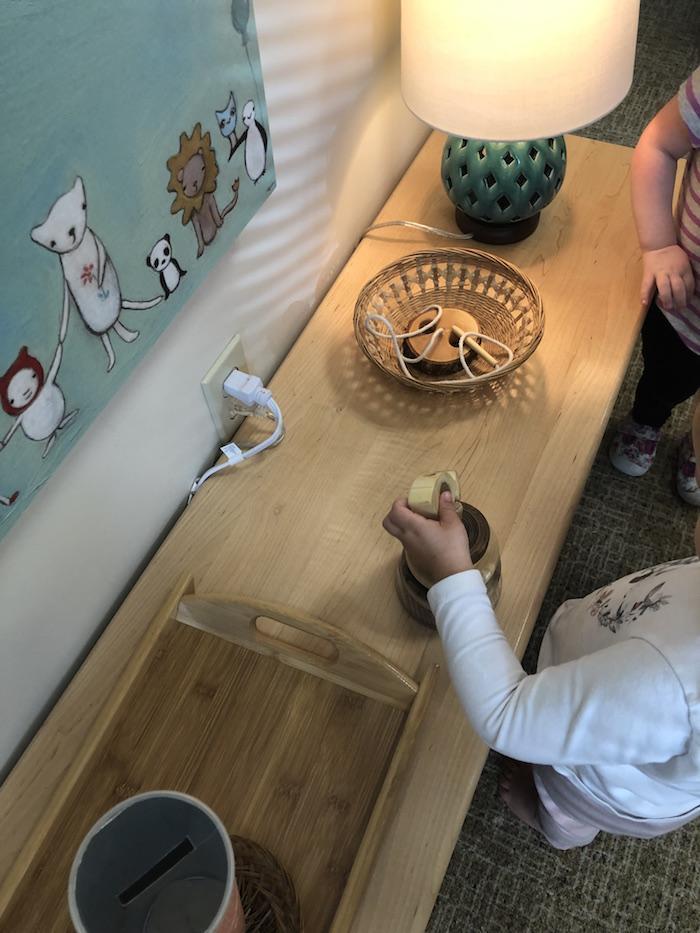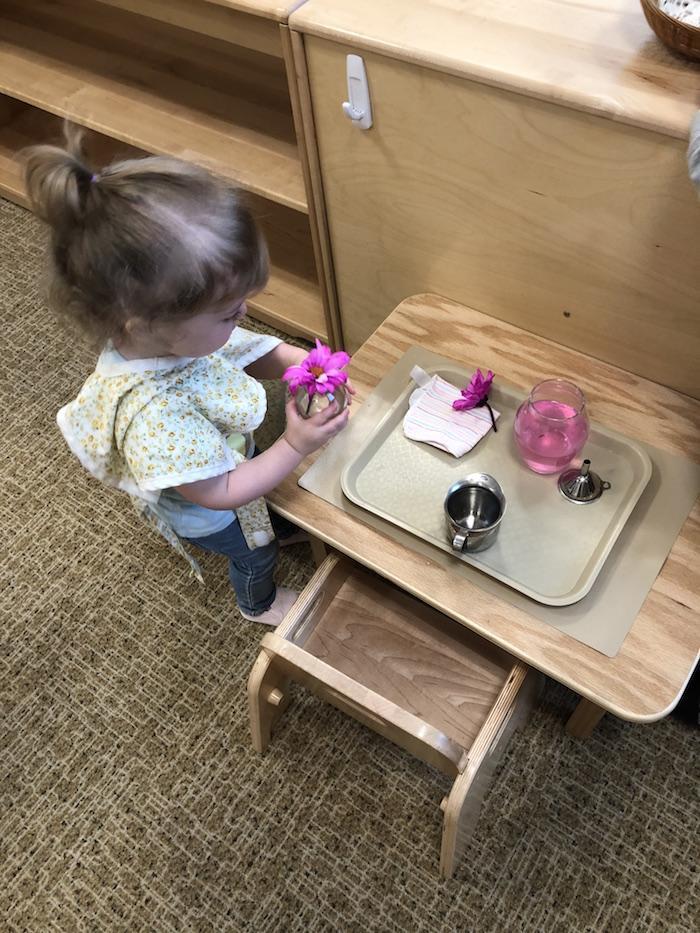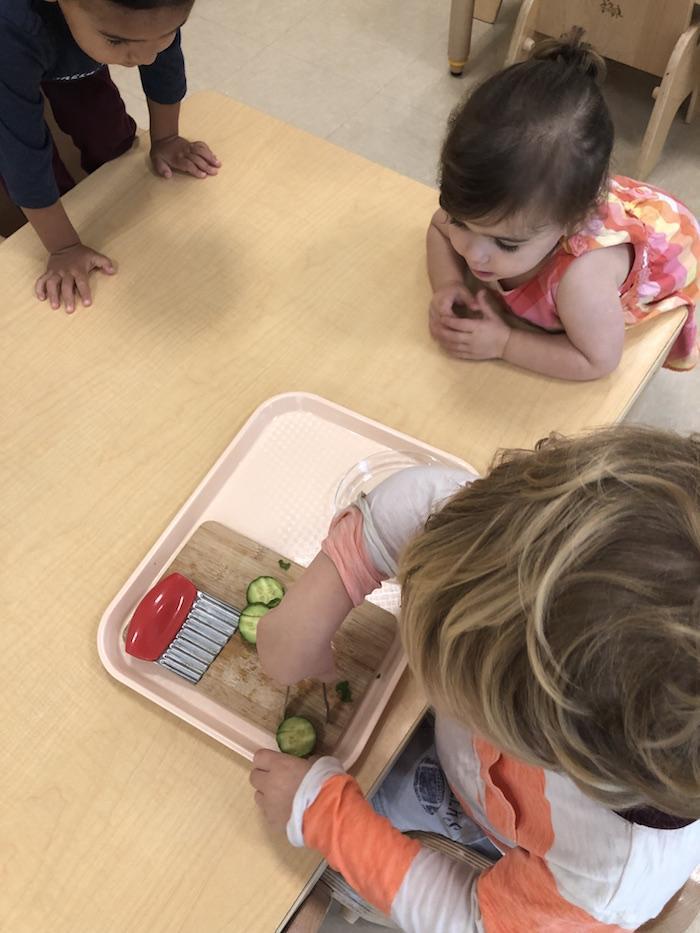“To let the child do as he likes when he has not yet developed any powers of control is to betray the idea of freedom.” - Maria Montessori
One of the more common misconceptions about Montessori education is that we let the children run free to do what they please all the time. It is true that we let our students make choices for themselves, not just about their work but about their preferences and even care of their own bodies, but those choices are made within carefully crafted parameters. To give a child (or any human) choice is to give them empowerment. To give them choice within boundaries will assist them in becoming the adult they are meant to be.
Why give choice?
When we give children the ability to make their own choices, we are letting them know we trust their decisions. If children know the adults in their lives trust them, they will begin to trust themselves. When a person has confidence in their own abilities, their thoughts and energy can be put into new ideas and making progress.
Decision making is a skill that must be learned just like anything else. From the most basic everyday tasks to major life events, we all need to make choices in our lives. When we create an environment that allows children to practice this skill and be successful, they are given an opportunity to become successful as they grow older.
Giving choice is also a means of showing respect. We respect that children should have a say in what they want. While as adults our role is to keep children safe and guide them, we do not have all the answers nor do we understand what is always best for each child. Giving them a say shows them that we honor their autonomy.
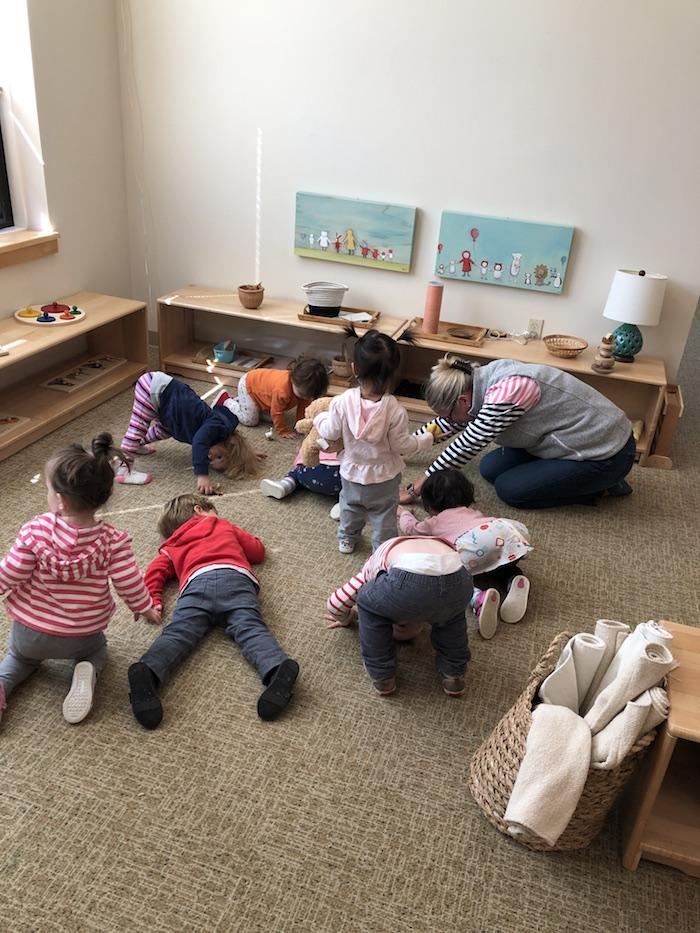
Why place limitations?
While we believe it’s important to give children choices, too many choices can feel overwhelming and be counter-productive. Placing some limitations keeps their decision-making process safe and manageable. Children actually want us to define limits for them as boundaries give them a sense of structure that is critical for their development.
Think about the last time you went to a typical grocery store. Just deciding on a box of cereal can seem like huge task! There are so many choices, and while it feels good to have options, there can definitely be too much of a good thing.
Another benefit of placing limitations on choices is that we can create a scenario in which any choice made will achieve the desired results. If we want children to practice a specific skill, we can give two or three options that will allow them to do so. If we want them to complete a certain task or meet a goal, we can envision different paths that will lead to the same destination and let them decide which they would like to take.
What does this look like in the classroom?
When it comes to academic work, Montessori children get to make choices about which work they will focus on, where they sit, who they sit with, and in what order they do things. They move about their mornings with a sense of purpose, because they get to call the shots in regards to their own education. In a structure like this, school doesn’t feel so much like a place where you go to receive knowledge that’s being given to you; it’s a place where you go to explore, learn authentically, and immerse yourself in work that’s important to you.
With all those choices, it’s important for teachers to create an environment that sets children up for success. Montessori guides only give children lessons on materials they are ready for. They only put materials on the shelves that the children as a group are ready for. The materials they do put out are so beautiful and interesting that the children cannot help but want to choose them.
Even when it comes to taking care of themselves, we want children to be in charge. We create structures that allow them to eat when they are hungry, use the restroom when they feel the need, and to rest or move their bodies as they see fit. Most Montessori classrooms have a snack table that children can sit at whenever there is a seat available (limiting this to two chairs is one way guides make snack socializing manageable). Children don’t need to ask permission to use the restroom; we make sure they have access to a toilet that they can use at any time. The furniture in our classrooms are arranged in such a way so as to encourage safe avenues to body movement, individual seating, group seating, floor seating, or table and chair options. As adults we need variation and choice to be productive and we recognize that children do as well.
Our job as Montessori educators is to create the conditions for children to independently make decisions that will help them grow and develop. We want them to explore who they are, to learn about each other, and to gain basic academic skills. We want to cultivate inquisitiveness, leadership skills, and a sense of humble independence. All of these goals can be met through careful planning of a classroom environment that facilitates choice within limits.
What might this look like in the home?
It can help to observe in your child’s classroom to get ideas. If you are just getting started with offering choice at home, it can help to focus on just a few areas in the beginning. Food, clothing, and entertainment are good places to start.
While we do not advocate making separate meals for everyone in your home (this can quickly lead to picky eating habits), children can have some say in mealtime choices. Find ways you are willing to be a little flexible and ask their opinion. Perhaps they can choose some fruits or vegetables at the grocery store, or help decide what gets packed into their lunches. If you have several dinners planned for the week, your child could help decide which one to have on a particular night and then help you prepare it. When it comes time to eat, let your child practice serving themselves, while reminding them about the importance of not wasting food and only taking as much as we expect to eat.
Getting dressed for the day is great time to practice decision making. This tends to be one area that requires the most intentional release of control from us as parents, as young children tend to have quite the eccentric tastes when it comes to personal style! Keeping weather and activities of the day in mind, set some guidelines and let your child pick out their own clothes. Some Montessori experts recommend only putting desirable options in the child’s drawers. If this isn’t feasible, even young children can follow simple directions such as, “Please choose something with short sleeves and long pants.” Expect combinations you would never choose for yourself and remember that this is an important step in their development and self-expression. How we dress is one way we present ourselves to the world and letting your child make these choices tells them you trust that they know who they are.
When it comes to having fun, children love to give input. If you read stories at bedtime, your child could select whatever number of books you decide, or they could choose from a pre-selected few that you give them. If you let your child watch television, give them a pool of shows that you feel are appropriate to choose from. If you want to get them outside, ask them if they would rather go to the playground or ride their bike. The key is to consider your true objective, then present multiple ways to achieve that goal.

